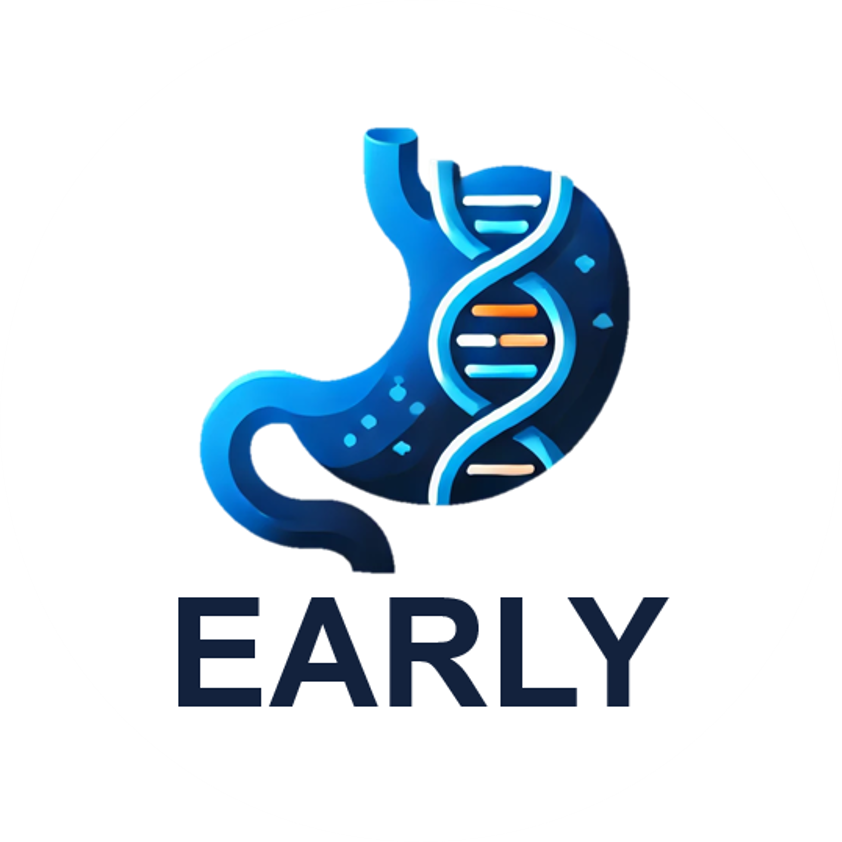
The Early Registry
Welcome to the EARLY Registry website. This study is exploring whether regular upper endoscopies (EGDs) or check-ups triggered only by symptoms can help detect cancers earlier in people with Lynch syndrome, a genetic condition that increases the risk of certain cancers. Our goal is to improve early detection and treatment of pre-cancerous changes and cancers in the upper digestive tract for those with this condition.
Study Overview
Study Title: Evaluation of Upper Gastrointestinal Tract Surveillance in Individuals with Lynch Syndrome (EARLY)
Trial ID: DRKS00031932
Who Can Join
Men and women with Lynch syndrome, which is linked to specific gene mutations (MLH1, MSH2, MSH6, PMS2, or EPCAM).
Study Plan
- Conducted at multiple locations
- Observational (no experimental treatments, just monitoring and data collection)
Main Goal
To find out if regular upper endoscopies reduce the chances of upper gastrointestinal cancers over 10 years, compared to waiting until symptoms appear.
Additional Goals
- See if more pre-cancerous changes are found with regular check-ups
- Study related conditions, such as autoimmune gastritis and Barrett’s esophagus
- Compare cancer rates and survival between the groups
Participation
Number of Participants
The goal is to screen around 10,000 people, with 5,000 joining the study and around 4,000 completing it.
Who Can Join
- Adults 18 or older
- Those who have provided informed consent
- Individuals diagnosed with Lynch syndrome
Who Cannot Join
- Those unable to understand the study
- Individuals who have had stomach or duodenal surgery
Study Steps
- Screening: Sign consent and confirm eligibility
- Follow-Up: Health data, family history, endoscopy results, and medication information will be gathered over time.
For more information about the EARLY study, please contact:
National Center for Hereditary Tumor Diseases (NZeT)
University Hospital Bonn
Venusberg-Campus 1, 53127 Bonn
Email: nzet@ukbonn.de